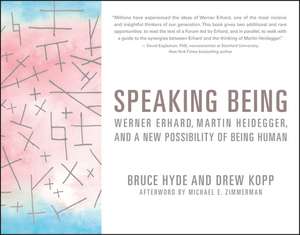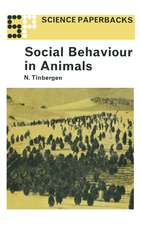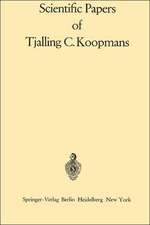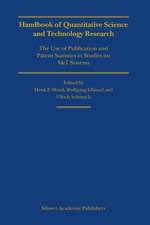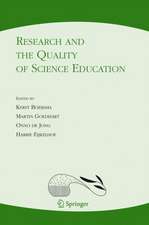Speaking Being – Werner Erhard, Martin Heidegger, and a New Possibility of Being Human
Autor D Koppen Limba Engleză Paperback – 2 sep 2019
Preț: 247.11 lei
Nou
47.29€ • 49.47$ • 39.28£
Carte disponibilă
Livrare economică 12-26 martie
Livrare express 26 februarie-04 martie pentru 66.06 lei
Specificații
ISBN-10: 1119549906
Pagini: 576
Dimensiuni: 214 x 272 x 31 mm
Greutate: 1.16 kg
Editura: Wiley
Locul publicării:Hoboken, United States
Descriere
Speaking Being: Werner Erhard, Martin Heidegger, and a New Possibility of Being Human is an unprecedented study of the ideas and methods developed by the thinker Werner Erhard. In this book, those ideas and methods are revealed by presenting in full an innovative program he developed in the 1980s called The Forum--available in this book as a transcript of an actual course led by Erhard in San Francisco in December of 1989. Since its inception, Erhard's work has impacted the lives of millions of people throughout the world. Central to this study is a comparative analysis of Erhard's rhetorical project, The Forum, and the philosophical project of Martin Heidegger. Through this comparative analysis, the authors demonstrate how each thinker's work sometimes parallels and often illuminates the other. The dialogue at work in The Forum functions to generate a language which speaks being. That is, The Forum is an instance of what the authors call ontological rhetoric a technology of communicating what cannot be said in language. Nevertheless, what does get said allows those participating in the dialogue to discover previously unseen aspects of what it currently means to be human. As a primary outcome of such discovery, access to creating a new possibility of what it is to be human is made available. The purpose of this book is to show how communication of the unspoken realm of language--speaking being--is actually accomplished in The Forum, and to demonstrate how Erhard did it in 1989. Through placing Erhard's language use next to Heidegger's thinking--presented in a series of "Sidebars" and "Intervals" alongside The Forum transcript--the authors have made two contributions. They have illuminated the work of two thinkers, who independently developed similar forms of ontological rhetoric while working from very different times and places. Hyde and Kopp have also for the first time made Erhard's extraordinary form of ontological rhetoric available for a wide range of audiences, from scholars at work within a variety of academic disciplines to anyone interested in exploring the possibility of being for human beings. From the Afterword: I regard Speaking Being as an enormously important contribution to understanding Heidegger and Erhard. The latter has received far too little serious academic attention, and this book begins to make up for that lack. Moreover, the book's analysis of Heidegger's thought is among the best that I have ever read. I commend this book to all readers without reservation. Michael E. Zimmerman, Professor Emeritus, University of Colorado, Boulder
